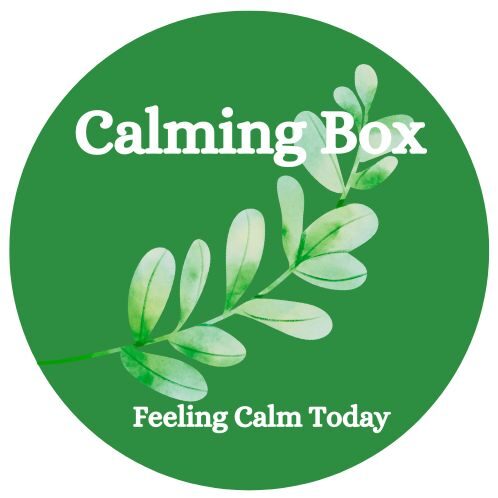When someone consistently ignores your boundaries, it has an impact on your nervous system and overall well-being.
It’s not to wonder what their issue is. Most likely they have social anxiety or narcissistic qualities where they are an insecure person. They may want to control you and all circumstances. It’s not your job or your responsibility to make them comfortable.
However, gaining an awareness for yourself provides a sustainable calm foundation for you to ground yourself and not tolerate a harmful agenda from others.
Your choice is to not associate with them or spend less time with them. You can try speaking up, but mostly these people only have their own best interests at heart despite the harm it causes to others.
The ways this affects you:
Stress Response: Constant boundary violations trigger your body’s nervous system response, leading to the release of the stress hormones cortisol and adrenaline. This results in physical symptoms such as increased heart rate, elevated blood pressure, muscle tension, and heightened alertness.You may feel sick, fearful, sad, upset. This is completely normal.
Anxiety: The ongoing stress caused by boundary violations can lead to chronic anxiety. You may constantly worry about when the next violation will occur and how to protect yourself from it. A cycle of anxiety is created making it difficult to make a shift.
Depression: Repeated boundary violations erode your self-esteem and self-worth, leading to feelings of hopelessness, fatigue, and depression.
Physical Health Issues: Chronic stress from boundary violations has been linked to physical health problems, including digestive issues, sleeping problems, headaches, and a weakened immune system.
Dysregulation: Prolonged exposure to boundary violations can disrupt your nervous system’s regulation, making it harder for you to manage emotions and maintain a sense of stability. It’s exhausting.
Dissociation: In some cases, individuals subjected to chronic boundary violations dissociate as a coping mechanism. Dissociation is a mental process where you disconnect from your thoughts, identity, consciousness, or surroundings to escape overwhelming stress or trauma.
Relationship Strain: Continuously ignored boundaries strain relationships, as you become resentful or withdraw emotionally from the person violating your boundaries.
Difficulty Setting Boundaries: It is challenging to set and maintain boundaries because you doubt their effectiveness or feel guilty about asserting them. Then the circle continues and you never feel safe or secure.
There is nothing wrong with you.It makes sense that these situations are stressful.
It’s important to recognize the signs of boundary violations and take steps to protect your well-being. This involves assertively communicating your boundaries, seeking support from friends or professionals, and, in some cases, distancing yourself from individuals who consistently disregard your limits.
Remember that maintaining healthy boundaries is essential for your mental and emotional health. Keep building your sustainable foundation of your own calming box. It’s not with substances, it’s inside you. You have awareness now and can find a pause to question how you will respond in the moment and how you will keep building your foundation. You can be your best friend and your own support. Take steps daily and accept support and help when it is offered. You are doing a great job. Keep going.

